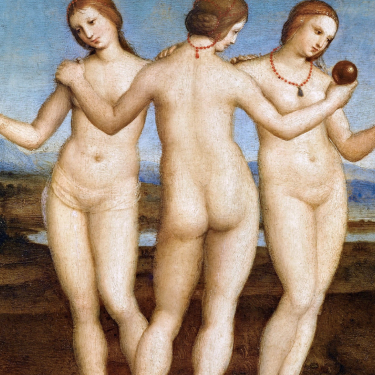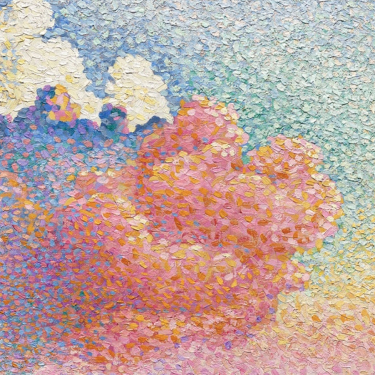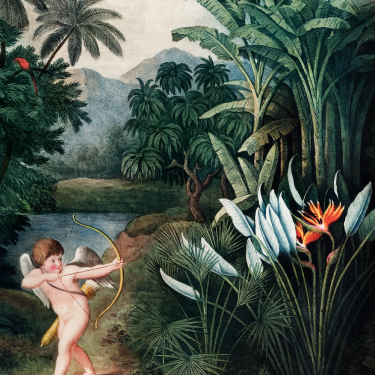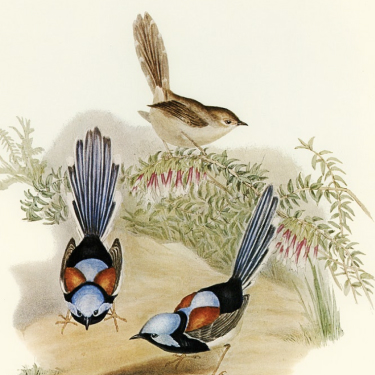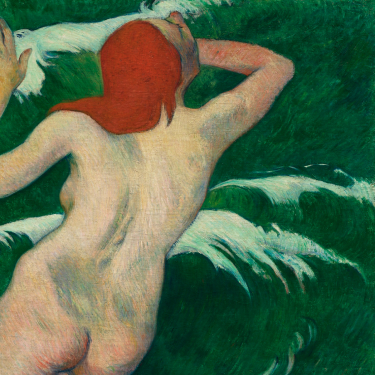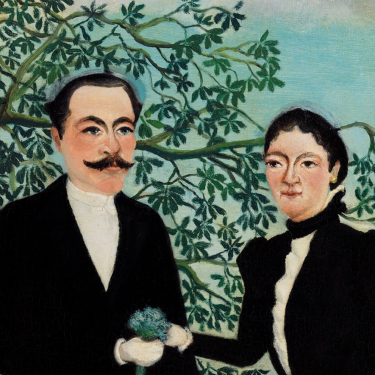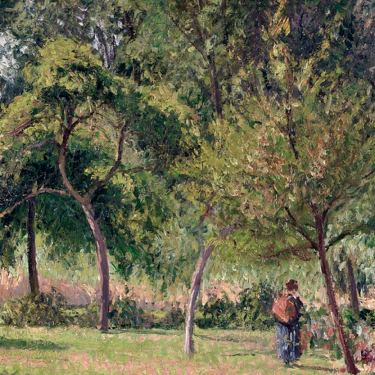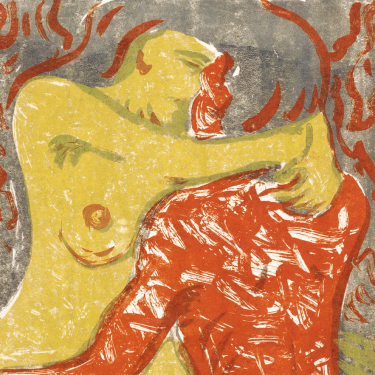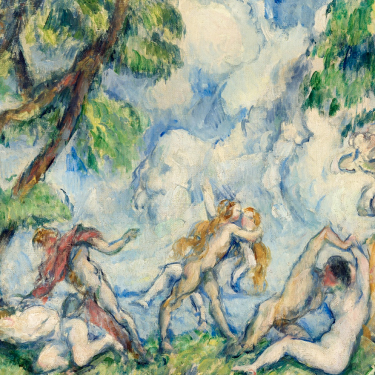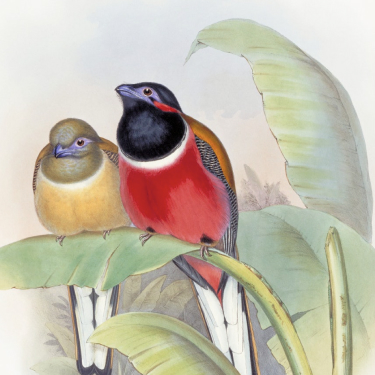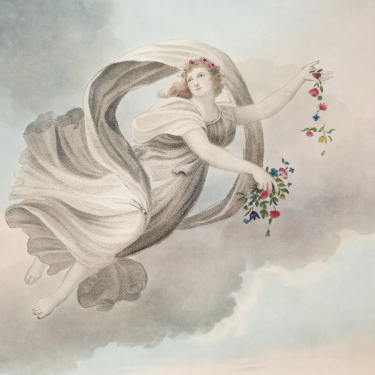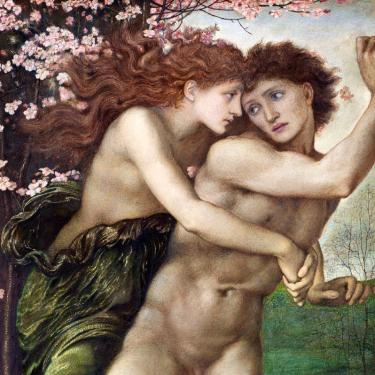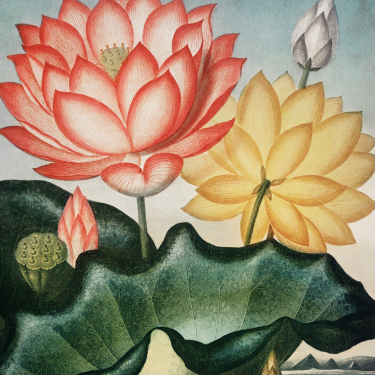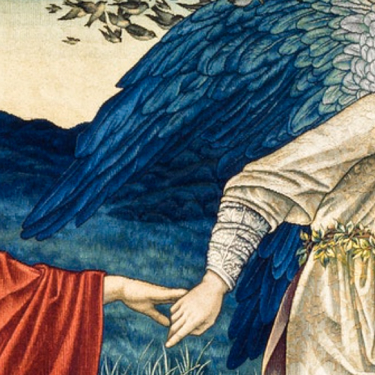The Arrow
LOVE
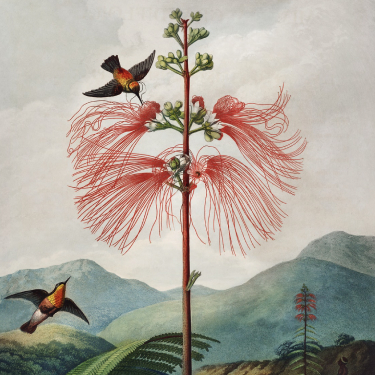
IDAE
Quick definition
Idealistic and independent in love. Seek emotional connection and reassurance in relationships. Want partners who are emotionally supportive yet give them space.
Find your score on over 100 traits on Dimensional.
Download
Description
IDAEs stand at the crossroads of independence and emotional depth, driven by a unique blend of idealism and self-reliance. They approach romance with a vivid imagination, dreaming of connections that are as intellectually stimulating as they are emotionally fulfilling. However, their independent streak means they also value their personal space and freedom, fearing the loss of self that can come from overly enmeshed relationships. This tension between autonomy and intimacy defines their romantic journey.
In the dating phase, IDAEs may appear reserved, cautiously measuring the potential for a deep, meaningful connection while guarding their independence. They are attracted to partners who respect their need for space and can engage with their rich inner world. As relationships progress, IDAEs seek a delicate balance between sharing a life with someone and maintaining their own separate interests and identities. Their anxiety can surface if they feel pressured to compromise their autonomy or if their idealistic expectations aren't met, leading to a push-pull dynamic in closer relationships.
Opposite type
IDAEs are the opposites of TPCFs.
Desires
- To maintain independence while building a deep, meaningful connection.
- A partner who stimulates their mind and shares their values.
- Relationships that allow for both shared experiences and personal growth.
- Emotional intimacy that doesn’t compromise their need for autonomy.
Fears
- Losing their independence or sense of self in a relationship.
- Settling for a connection that lacks depth or intellectual stimulation.
- Their anxieties and idealism preventing them from finding or maintaining love.
- Being misunderstood or undervalued by their partner.
Inner psychology
IDAEs’ romantic behaviors are often shaped by their upbringing and early life experiences. Those who grew up in environments that valued independence and self-sufficiency may have developed a strong sense of autonomy, while also craving deep emotional connections. Experiences of feeling misunderstood or not fully appreciated for their depth and complexity can lead to a guarded approach to relationships, where they balance their longing for intimacy with a fear of vulnerability. Their idealism about love may stem from a deep-seated desire to connect on a level that transcends ordinary interactions, combined with a fear of compromise that could threaten their sense of identity.
Distribution of user scores
0
25
50
75
100
Other Archetypes in Love
Opposite
In(T)erdependent
(I)ndependent
(D)reamer
(P)ragmatic
(C)entered
(A)nxious
(E)motion & stability
(F)un & stimulation
Strengths
- Self-reliance: Capable of maintaining independence and personal growth within relationships.
- Depth of feeling: Possessing a rich emotional and intellectual world, offering profound connections.
- Adaptability: Navigating the balance between autonomy and intimacy with flexibility.
Challenges
- Managing Anxiety: Their pursuit of idealistic connections can be hindered by anxieties about autonomy and compatibility.
- Communication: Struggling to articulate their need for independence without alienating partners.
- Idealism vs. Reality: Finding it difficult to reconcile their lofty ideals with the imperfections of real-world relationships.
Traits in an ideal partner
- Intellectual Engagement: Stimulates their mind and engages with their ideas and values.
- Respect for Autonomy: Understands and honors their need for independence and personal space.
- Emotional Depth: Offers a deep emotional connection that aligns with their idealistic view of love.
Advice for healthy relationships
IDAEs should focus on communicating their needs and boundaries clearly, ensuring partners understand their desire for both connection and independence. Finding common ground where shared interests and individual pursuits coexist can enrich the relationship. It's also crucial for IDAEs to examine and temper their idealism with a realistic appreciation of their partner’s qualities and the inherent imperfections of any relationship. Embracing vulnerability, even incrementally, can deepen intimacy without sacrificing autonomy. Engaging in individual hobbies or interests can help maintain a healthy sense of self within the relationship.
At their worst
When their fears dominate, IDAEs may retreat into their shell, distancing themselves from potential or existing partners to protect their autonomy and avoid disappointment. Their anxieties can lead them to question the viability of their relationships, potentially sabotaging connections that don’t meet their exacting standards or fearing intimacy might encroach upon their independence.
At their best
At their best, IDAEs are able to forge deeply meaningful connections that honor both their need for independence and their desire for emotional intimacy. They become adept at navigating the complexities of love, offering their partners a relationship that is both intellectually stimulating and emotionally satisfying. By embracing their vulnerabilities and communicating openly, IDAEs can enjoy the fulfillment of their romantic ideals without compromising their cherished autonomy.
